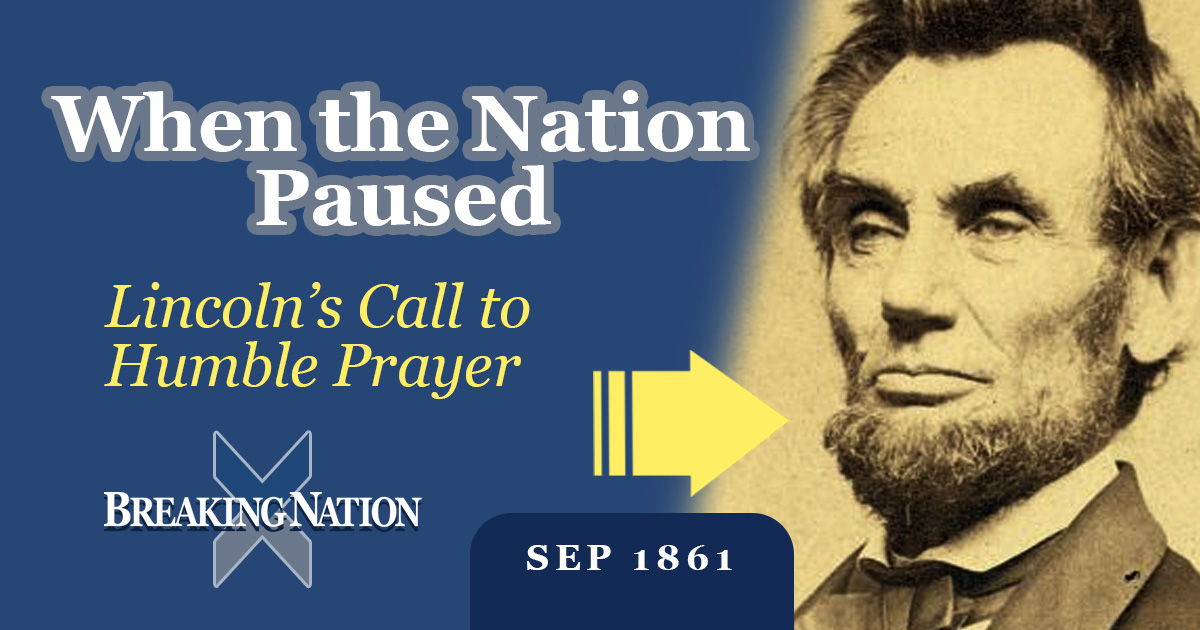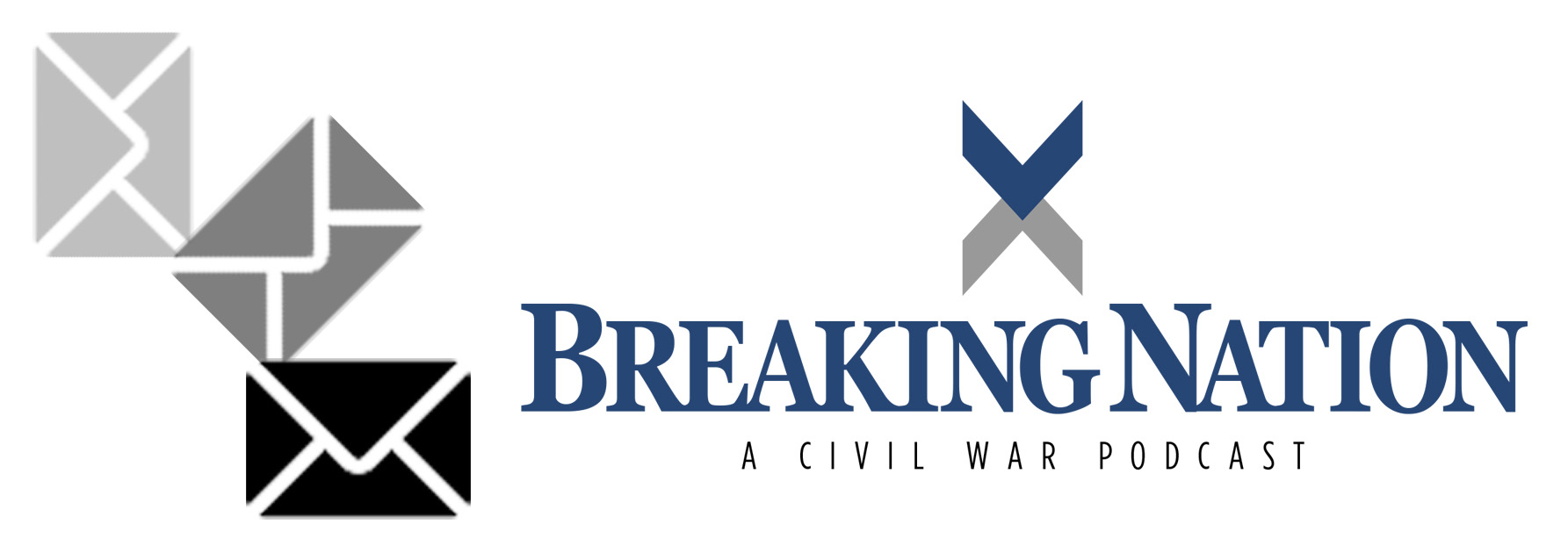Humility and Hope: How Lincoln Framed a Nation at War

September 26, 1861, holds a unique place in the moral and spiritual landscape of the early Civil War, not because of a battlefield triumph or a strategic maneuver, but as a day formally designated for “humiliation, prayer, and fasting.” This proclamation, issued by President Abraham Lincoln, reflected the profound anxiety and moral introspection of a nation suddenly torn apart, and it serves as a revealing window into the interplay of religion, politics, and national identity during the war’s first year.
At its core, the day’s significance lies in its framing of the war not merely as a political struggle, but as a moral and spiritual crisis. Lincoln, a deeply reflective man, often grappled publicly with the sense that the Union’s fate was intertwined with divine judgment. By calling for a day of fasting and prayer, he invited citizens to acknowledge the nation’s collective failings—slavery, division, and the breakdown of civic virtue—while simultaneously seeking divine guidance. The language of “humiliation” is especially striking. It implied a recognition that the war was, in some measure, a consequence of the nation’s moral lapses, a sobering counterpoint to purely strategic or militaristic interpretations of events.
The proclamation also functioned as a unifying device. While the Union was politically fragmented and militarily untested, the call to prayer encouraged a shared national identity grounded in faith and reflection. Churches across the North, from modest village congregations to grand urban sanctuaries, observed the day with sermons emphasizing repentance, communal solidarity, and a commitment to justice and liberty. These rituals reinforced a sense of purpose amid the uncertainty and chaos of war.
Moreover, the day reveals much about Lincoln’s leadership style. Rather than issuing a policy geared exclusively toward the battlefield, he appealed to the conscience of the citizenry, recognizing that sustaining the Union required more than troops and weapons—it required moral resolve. In a time when the horrors of war were only beginning to unfold, the day of humiliation, prayer, and fasting offered a moment to pause, to reflect, and to seek strength beyond human capacities.
In retrospect, September 26, 1861, stands as an early testament to the moral framing of the Civil War. It was not simply a call for abstinence or public devotion; it was a deliberate acknowledgment that the nation’s survival depended on self-examination, ethical commitment, and shared spiritual engagement. By embedding faith into the political consciousness of the Union, Lincoln’s proclamation foreshadowed the enduring role of moral and religious reasoning in American public life during times of crisis.
Breaking Nation: A Civil War Podcast explores the American Civil War, its turning points, and our national memory. Discover full episodes, transcripts, and resources at www.breakingnation.com — your destination for in-depth Civil War podcast content and fresh perspectives on America’s past. Listen on Apple Podcasts, Spotify and Amazon Music.




